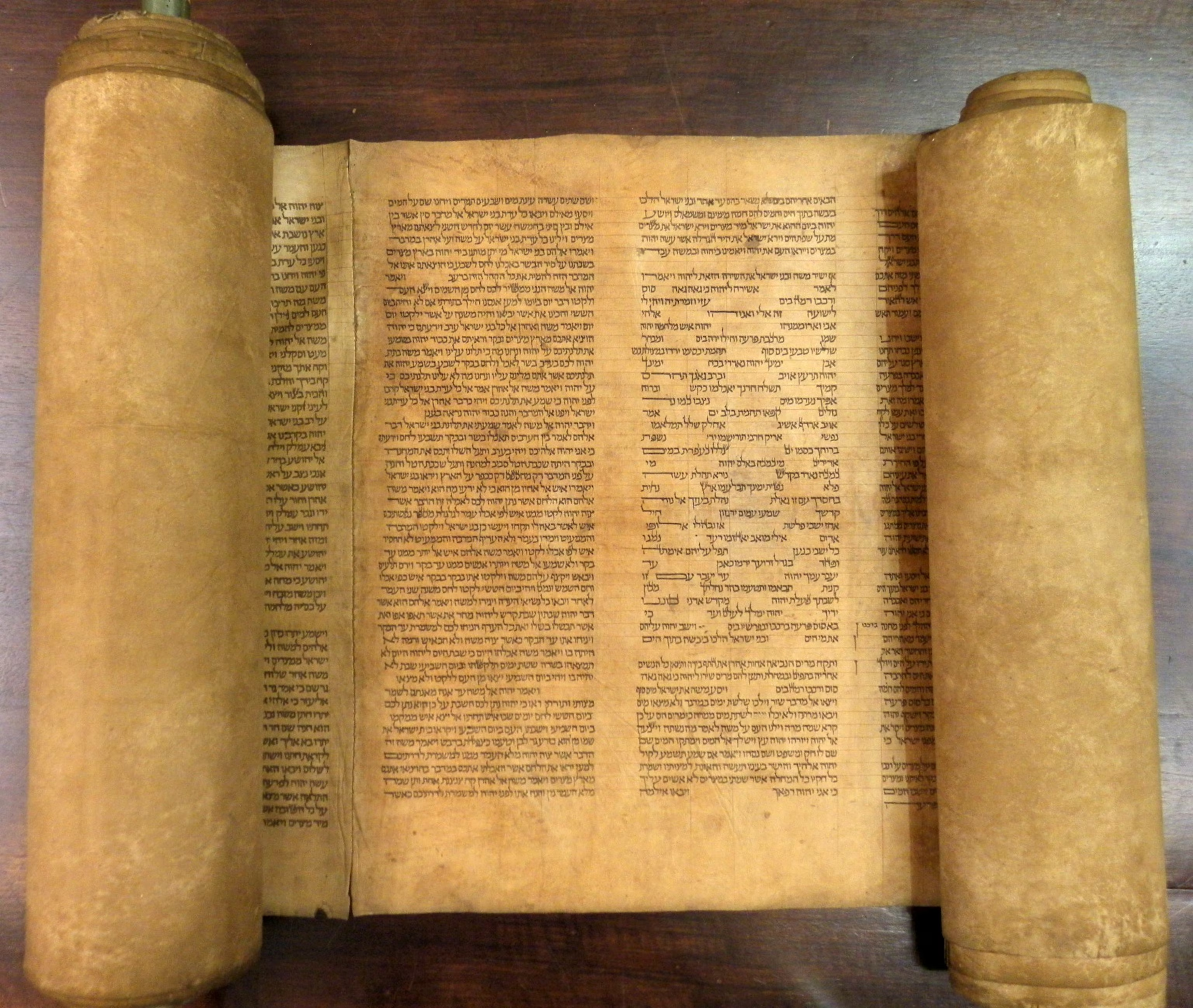The time for equivocation is over if we want Judaism to remain relevant

Jewish communal life has felt like a bubble in the last two years, a place where the outside world, especially as it is seen by most British people, is left at the heavily guarded door. Inside it, we don’t mention the war and as far as possible avoid saying anything of consequence. This is often a relief. It’s felt like the best one can hope for from Jewish life is irrelevance.
In the immediate aftermath of October 7 it was different. Our synagogues were filled with prayers of mourning for the victims of that day, and for the captured hostages. Acheinu became the anthem of so many communities, an 11th century text talking of ‘our brothers who are given over to trouble or captivity…may the All-prese?nt have mercy upon them, and bring them forth from trouble to relief, from darkness to light, and from subjugati?on to redemption, now speedily and at a near time.’ The text is not triumphalist, nor about the state of Israel (how could it be) and neither is Abie Rotenberg’s setting, despite having been released in 1990 during the first intifada and just before the First Gulf War. It was good and right for communities to say these prayers. But what quickly became apparent was who was not being prayed for. Israel’s war on Gaza began immediately, on October 7, and thus Palestinians were being killed from the outset. It did not take long for the number of dead Gazans to equal those Israelis killed on October 7 and not much longer to massively outpace them. Jewish communities were heavily focused on the October 7 victims, with little awareness of the Palestinian victims, and thus tended to interpret the widespread demonstrations around the globe as anti-Israel (and antisemitic) rather than viewing them as being in support of Palestinians.
Continue reading